Children create wonderful memories during their academic journey through field trips. These trips offer a mix of excitement from exploring new places, trying out new activities, and learning new things. Field trips provide both social and educational benefits that are invaluable to children. If you need more clarification about organising field trips at your child care centre or need ideas for the next one, keep reading to understand the significance of field trips for young children and their positive effects.
Advantages of field trips
Some of the advantages of field trips include:
- Broadening Horizons and Encouraging Curiosity
Field trips can help kids see new things and learn about different places. They can also learn why going on a field trip is important. Kindergarten and elementary school students can go on field trips to explore new places and meet new people. These trips give kids the opportunity to use what they have learned in class in real life, whether they are visiting a museum, zoo, garden, or historical site. Field trips are also a great way for kids to make friends and create memories.
A trip with school mates help kids to learn from professionals in various fields, such as museum curators, park rangers, historians, and scientists. These interactions motivate young learners, providing them with role models and sparking their passion for future pursuits. These outings expand children’s horizons, promote curiosity, and offer practical learning opportunities outside the classroom.
- Practical Learning and Hands-on Educational Approach.
Kindergarten field trips can focus on sensory experiences to stimulate children’s senses and enhance their cognitive growth. Visiting a farm or natural reserve allows them to explore and interact with the nature through touch, smell, sound, and sight. They can engage with animals, plant seeds, discover different habitats, and participate in activities that improve their motor skills.
The importance of field trips offer hands-on learning experiences that engage the senses, spark curiosity, and enhance experiential learning. Kids who actively participate in educational activities gain a better understanding of academic subjects, enhance their cognitive and motor skills, and boost their ability for creativity and problem-solving.
- Social and emotional growth
These trips help kids grow socially and emotionally. They allow children to connect with teachers and friends in a new environment, promoting social bonding and emotional development. This shows the importance of field trips in education.
Children have the opportunity to collaborate with their peers during field trips, working on different tasks and projects. They can engage in group activities, work together to solve problems and express their ideas. These activities help develop cooperation, teamwork, and communication skills, which are important for their future success in school and life.
The trips encourage children to explore new places and adapt to different environments. They can encounter new situations, meet new people, and navigate through various settings. These experiences help them become more resilient, adaptable, and flexible, which can improve their emotional well-being and self-confidence. The benefits of field trips are numerous and valuable.
- Bridging the Gap Between Theory and Real-World Scenarios
Field trips help kids see how what they learn in school is used in real life. It makes learning more meaningful for kindergarten students. Students can understand how scientific theories are applied in research or production by visiting a science lab or a manufacturing site. They can see engineers create complex systems and scientists conduct experiments. These experiences help students understand the real-world applications of scientific concepts and technological advancements by connecting theory with practice.
Educational trips can help students think about their future careers and goals. They can learn about different career options and the skills needed for certain jobs by talking to professionals in various fields. This exposure can help them make better decisions about their future academic and career paths.
Educational field trips outside of the classroom greatly benefit children’s learning. These outings promote exploration, expand horizons, and provide practical experiences that complement classroom learning. Interactive events during field trips enhance experiential and hands-on learning, helping students grasp various subjects. We also support children’s social and emotional growth by fostering cooperation, flexibility, and empathy.
Moreover, field trips bridge the gap between theoretical knowledge and real-world applications, allowing students to witness academic concepts in everyday scenarios. Mother’s Pet Kindergarten offers kids transformative learning opportunities that advance their intellectual, social, and emotional development.

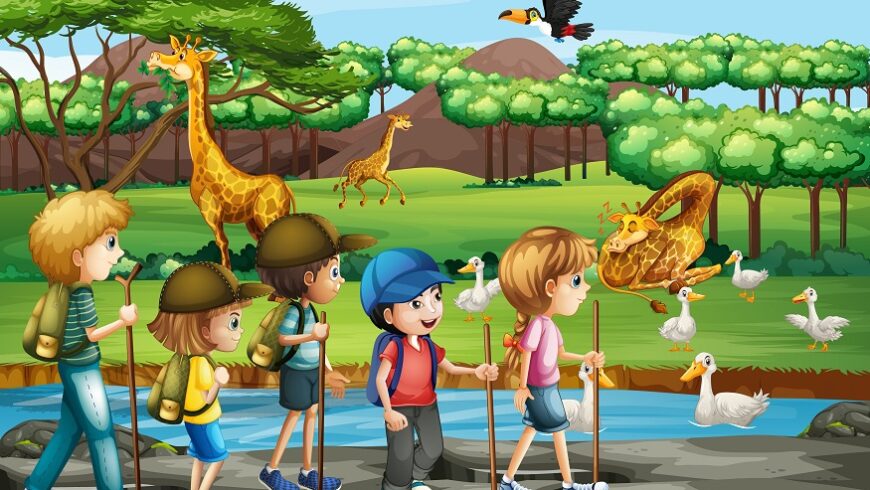
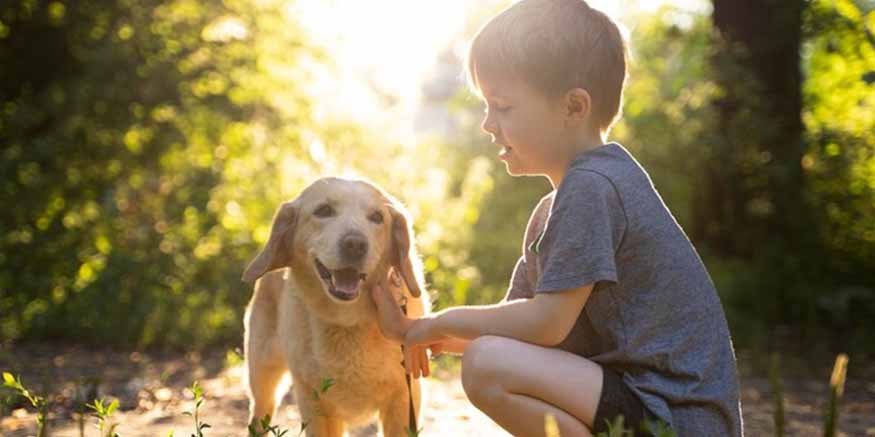
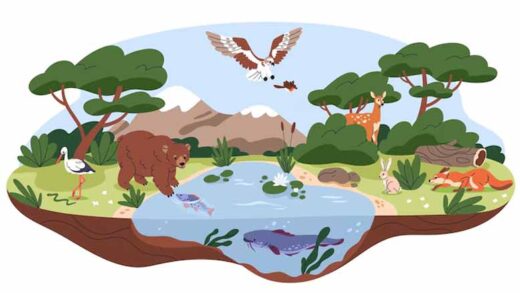

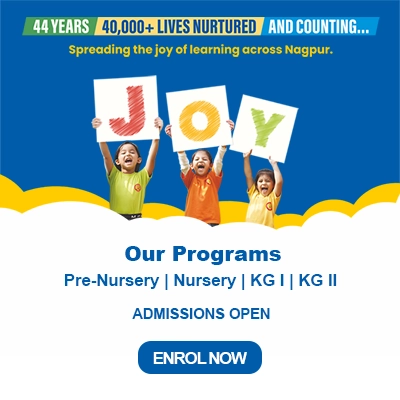

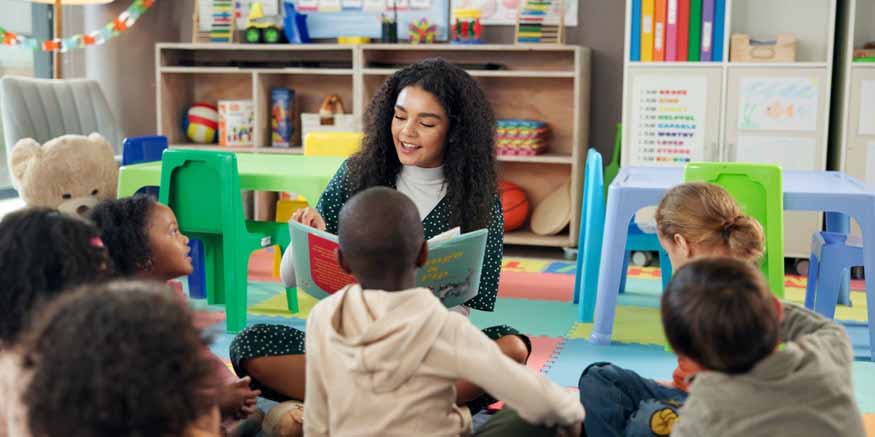
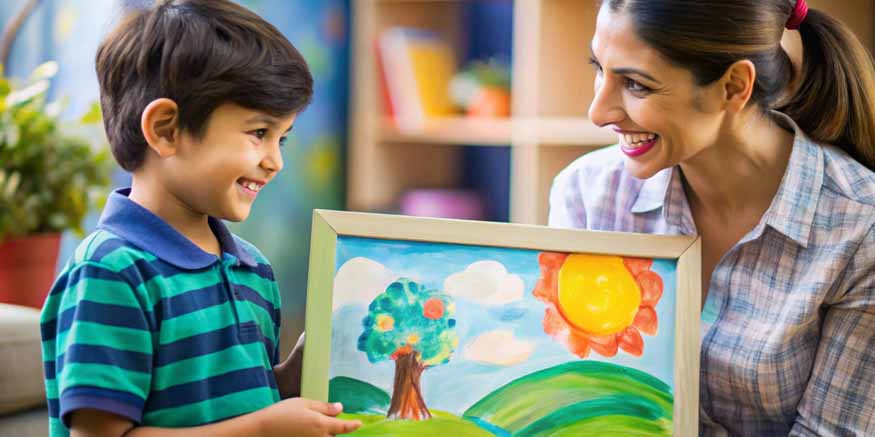
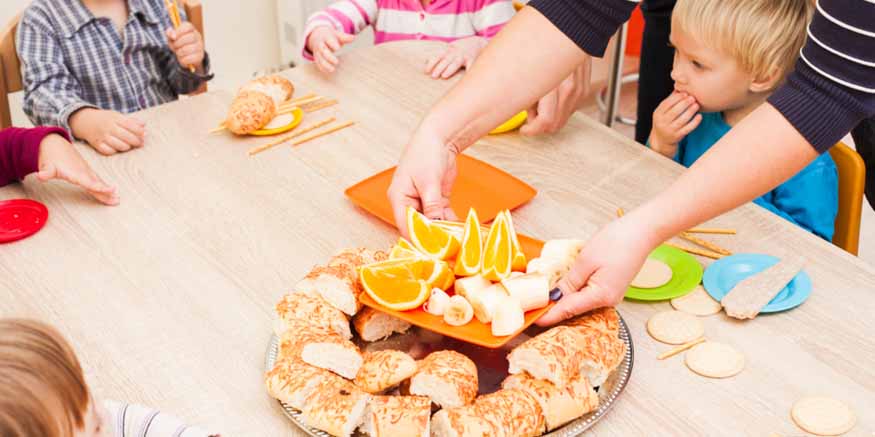

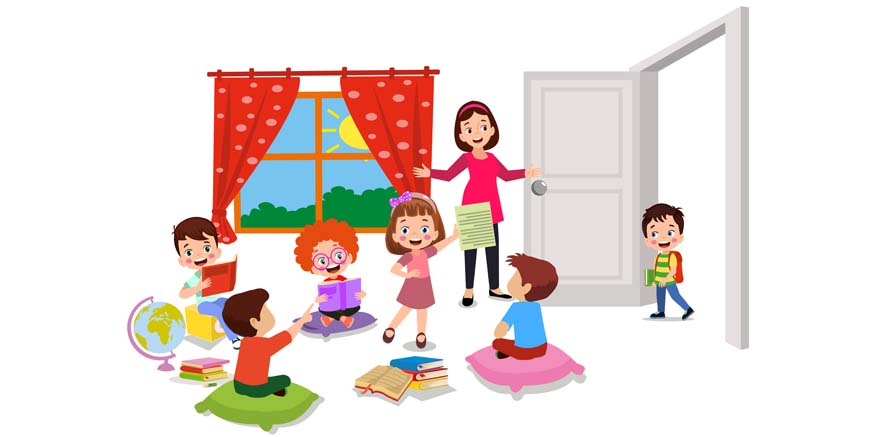

Recent Comments